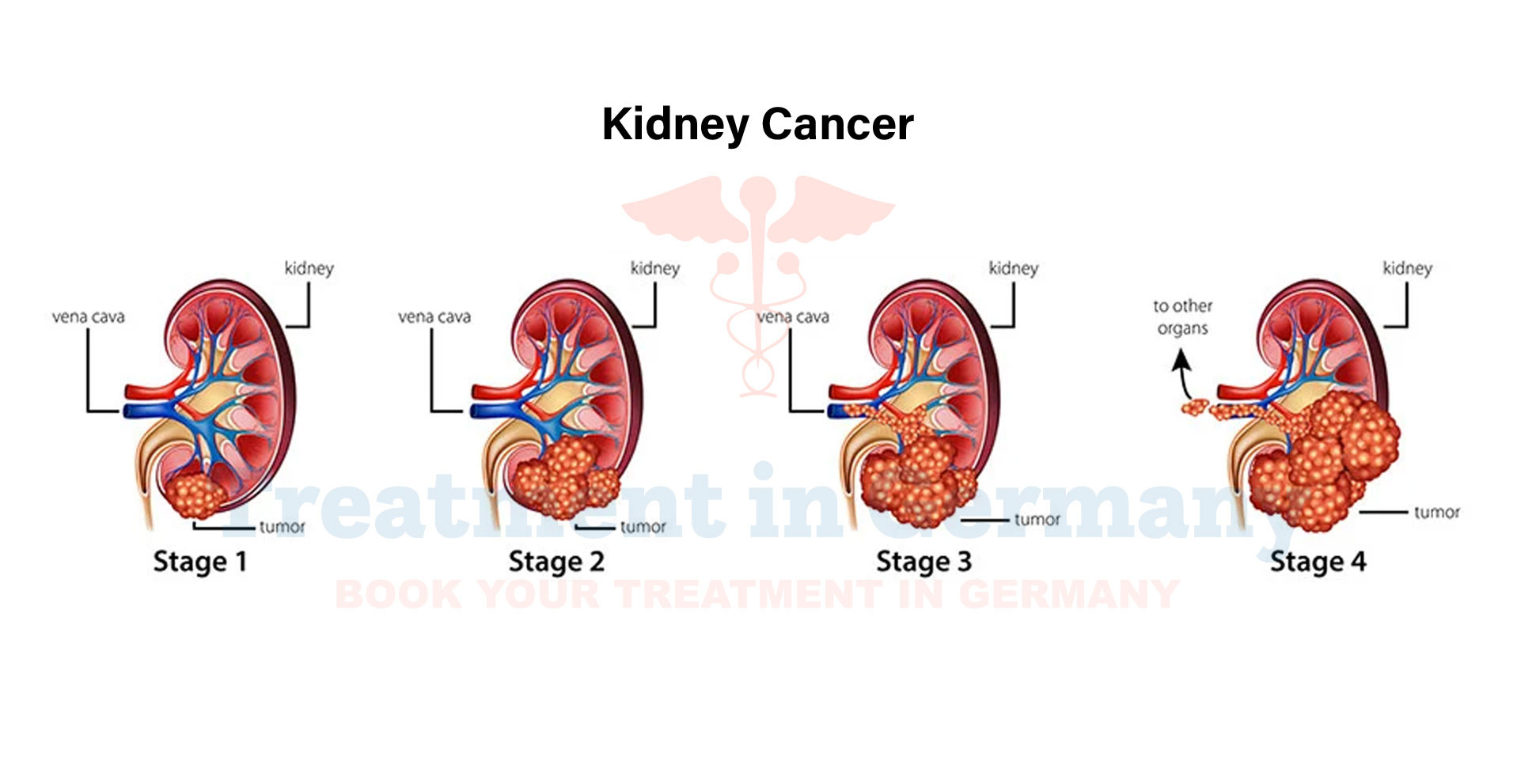What is Kidney Disease?
Kidney disease, also known as renal disease or nephropathy, refers to a condition where the kidneys are damaged and unable to filter blood effectively.
This impairment can lead to a buildup of toxins and waste products in the body, affecting overall health and well-being.
Side Effects of Kidney Disease
Kidney disease can manifest with various symptoms and side effects, depending on its severity and progression. Common symptoms include:
How is Kidney Disease Diagnosed?
Diagnosing kidney disease typically involves:
Potential Treatments for Kidney Disease
Treatment options for kidney disease depend on the stage and cause of the condition:
👉 Contact us for further information and receive a complimentary consultation.


.webp)
 (1).webp)

.webp)
 (1).webp)


.webp)
 (1).webp)

.webp)
 (1).webp)
